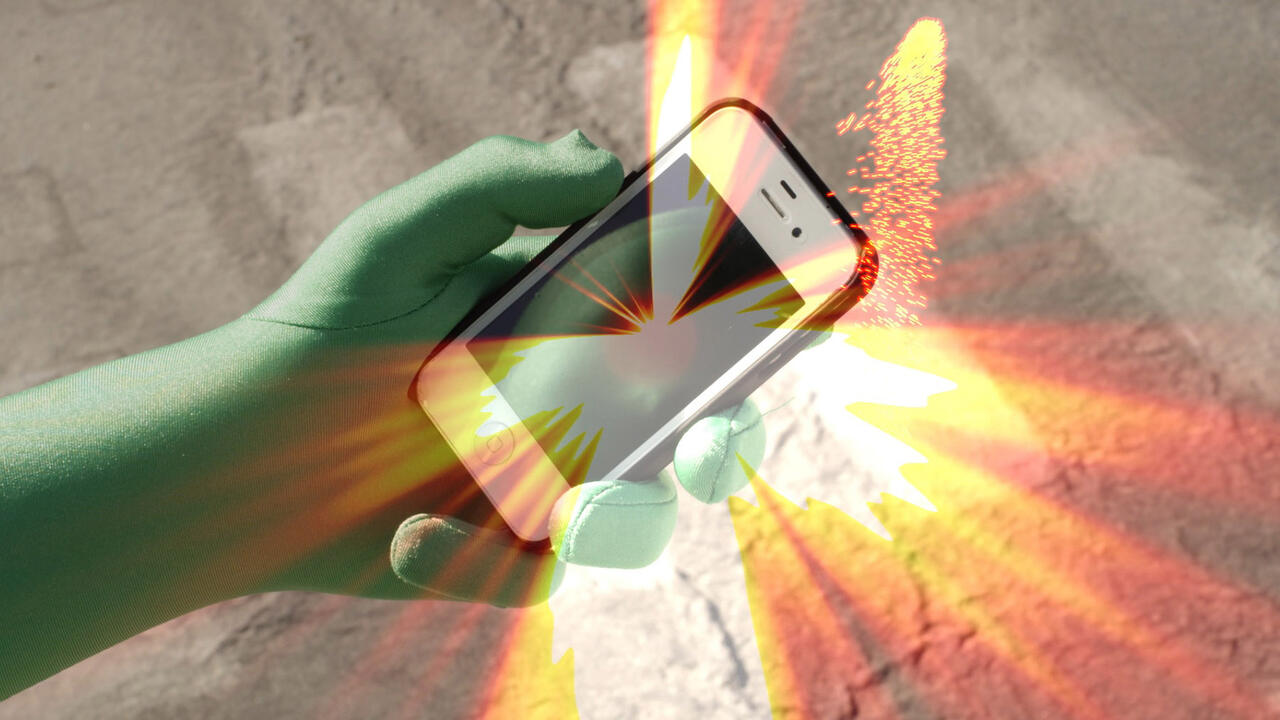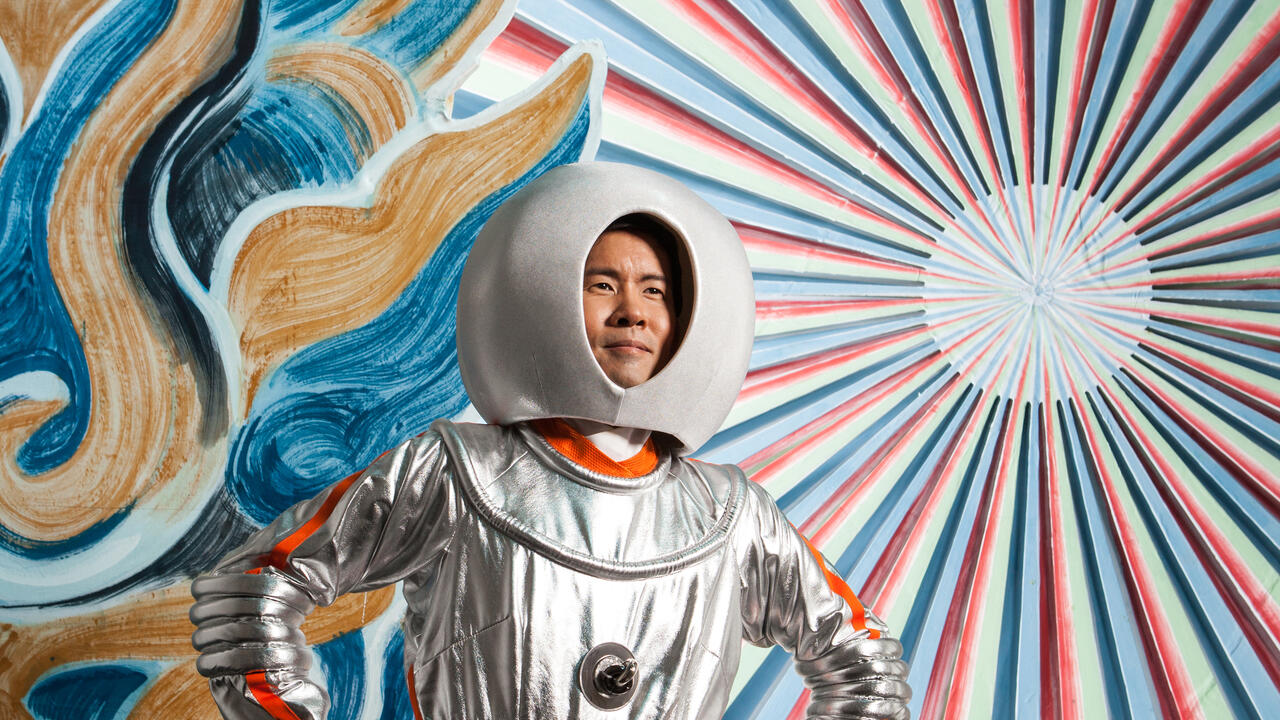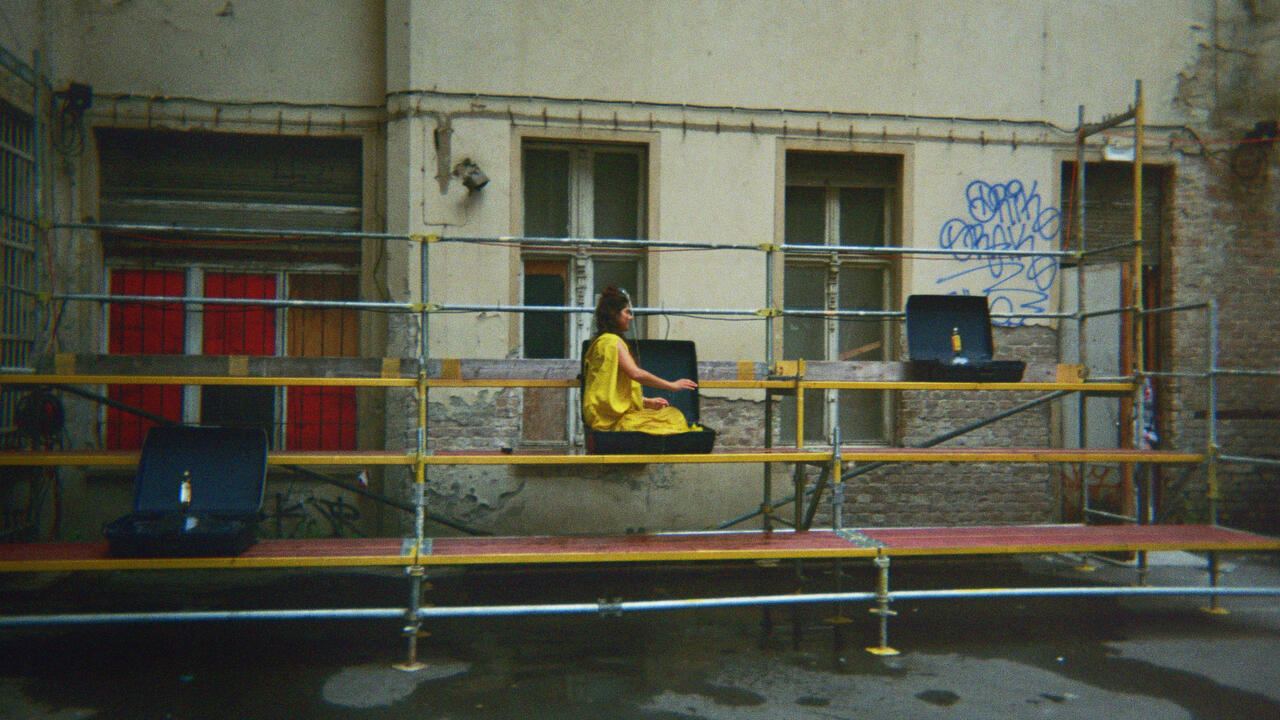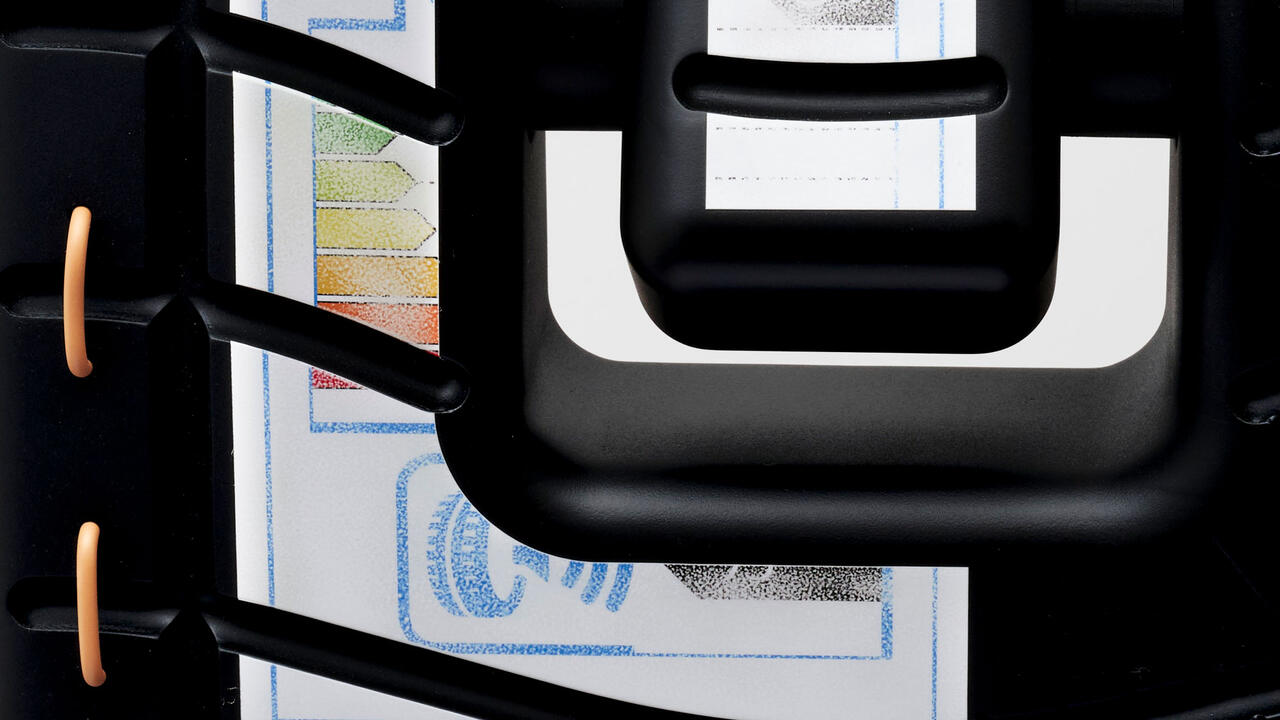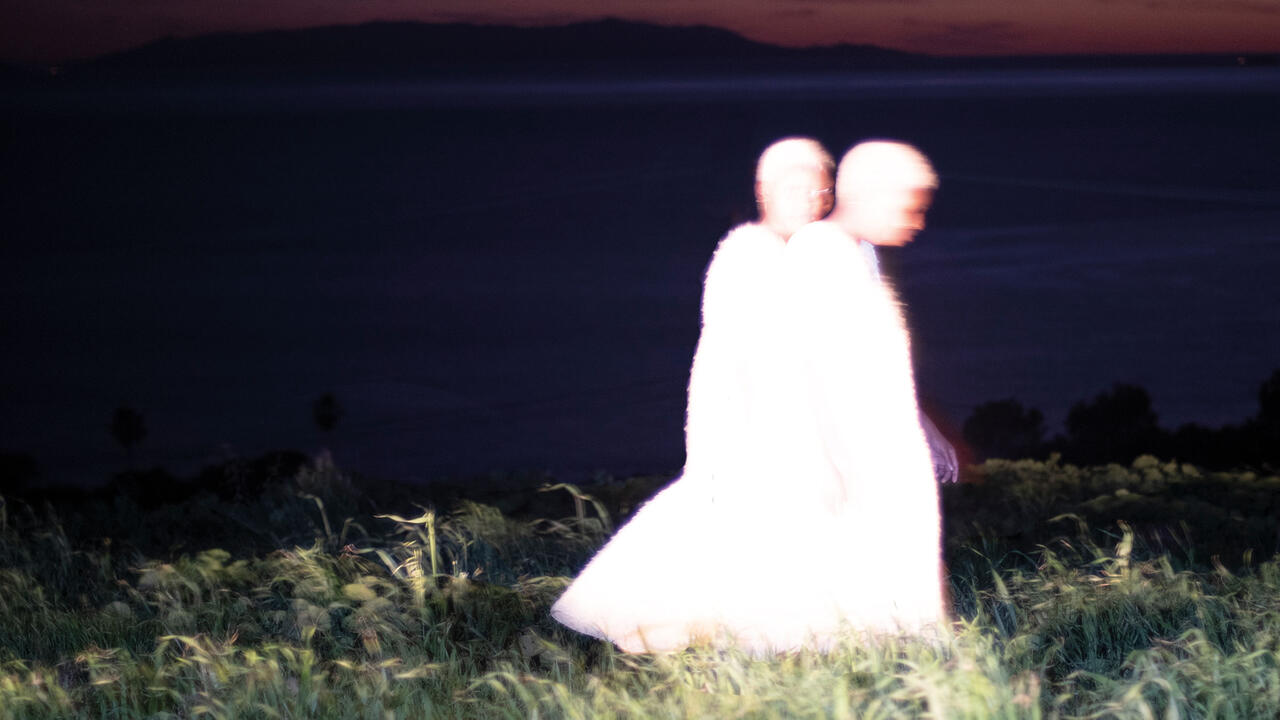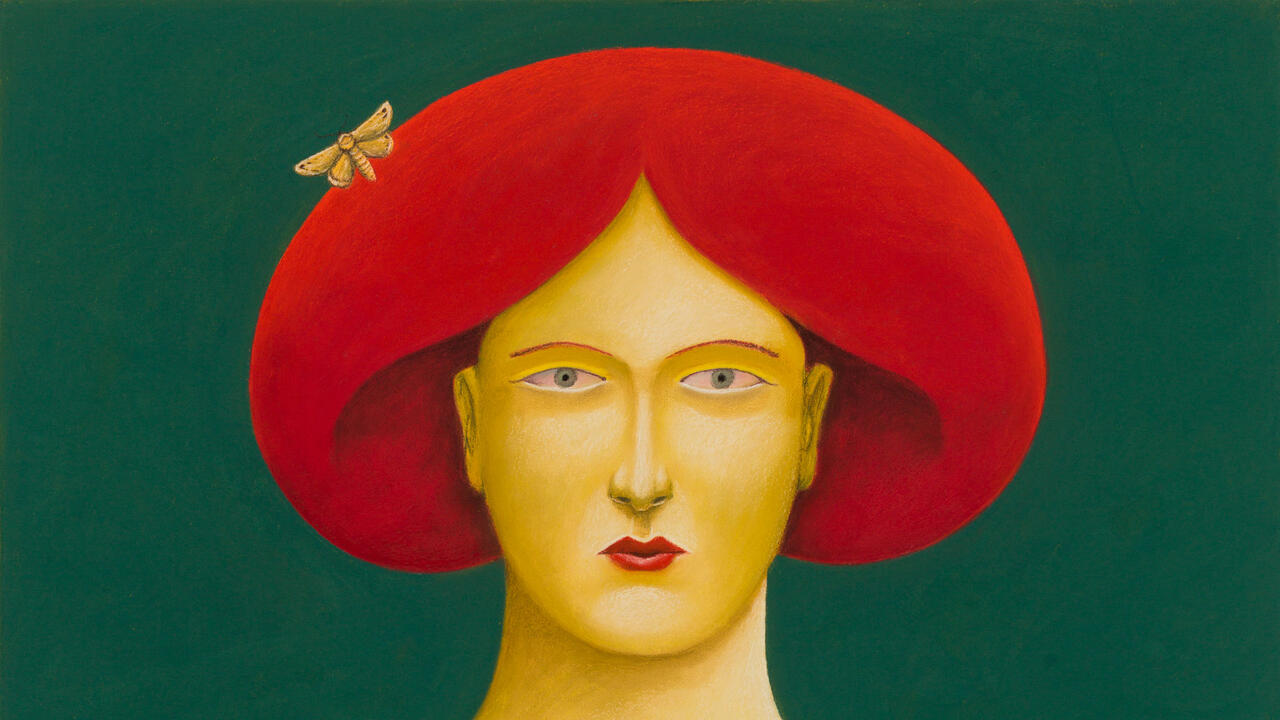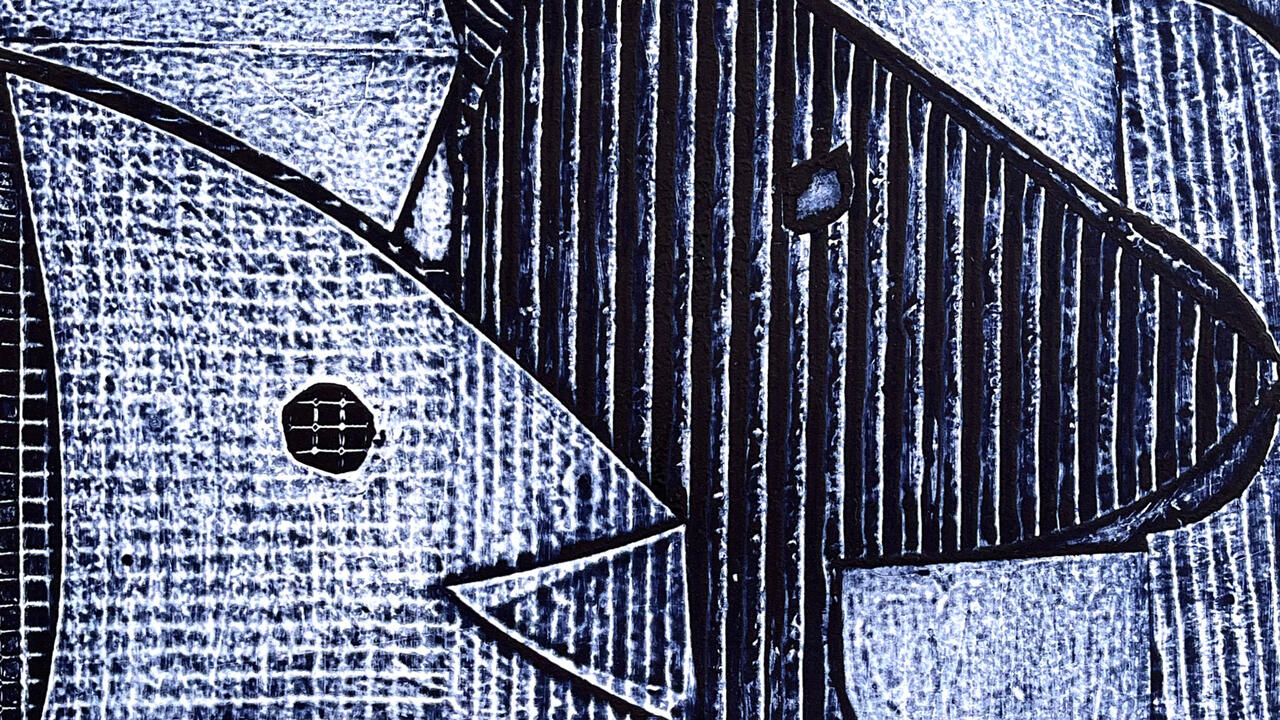Macron’s Pledge to Return African Artefacts Ignores Deeper Colonial Injustices
The French President’s recent comments hint at a dubious politics: using art restitution as a stopgap to France’s postcolonial responsibilities
The French President’s recent comments hint at a dubious politics: using art restitution as a stopgap to France’s postcolonial responsibilities

When France’s President Emmanuel Macron recently said he wanted to see the return of African artefacts and artworks currently housed in French museums to their respective nations on a ‘temporary or permanent’ basis, much of the public discourse focused on the logistics of such a task. Which items would be returned? To where exactly? When? (And what might ‘temporary’ restitution mean – if there can even be such a thing?)
While practicalities are one facet to be addressed after such a statement, it’s Macron’s use of art as a political bargaining chip that will have the most lasting effects – not just on Franco-African relations but on the understanding of how art can be wielded for political means, especially as a way to obfuscate or rewrite history.
In his speech of 28 November, given at the University of Ougadougou in Burkina Faso, Macron did not directly mention France’s continued presence in its former colony. Since 2014, about 3,000 French troops have been indefinitely stationed in Africa’s Sahel region – which includes Burkina Faso as well as parts of Chad, Mali, Mauritania, and Niger – as a part of Operation Barkhane, an anti-insurgent operation. To many, it’s an unwelcome presence that smacks of neocolonialism, and it’s a move that brought young protestors out en masse to Macron’s speech, wearing t-shirts that said ‘French military out of Burkina’ and ‘Down with new-colonialism.’ Hours before Macron’s arrival in the West African nation, a grenade was thrown at French soldiers, injuring three civilians. Nonetheless, Macron used his speech to discuss his new restitution plan. ‘I cannot accept that a large part of cultural heritage from several African countries is in France,’ Macron said. ‘There are historical explanations for that, but there are no valid justifications that are durable and unconditional.’

On the face of it, Macron’s pledge represents genuine progress. His statement breaks with a French legal tradition established by the edict of Moulins in 1566, in which ‘the royal domain’ was given over to ‘the public domain’ and made everything held within ‘inalienable.’ That is, what was once plundered by kings and later by colonizers became the property of the French public and would not be returned to its place of origin. The argument in favour of maintaining the edict is a relatively weak one, hard as some might try to force it. ‘It is a very bad signal to send to all the countries that think they can ask for the restitution of goods that, in their view, have been unlawfully obtained,’ Yves-Bernard Debie, a lawyer who specializes in cultural property, told The Art Newspaper. ‘There is no longer any reason that prohibits these countries from claiming their heritage from France.’
Of course, Debie’s argument is a poor one: yes, we stole from you; but don’t you dare try to ask for it back, especially not all at once. Macron’s denial of this sort of logic is therefore welcome but the reasoning behind his restitution plan is more insidious. ‘I haven’t come here to tell you what is France’s African policy because there no longer is one,’ Macron also said in his speech. ‘It’s a past that needs to pass.’ A past that needs to pass. By returning African artworks to their rightful countries (or ‘temporarily’ loaning them perhaps), Macron hopes to put an end to much of the tension that derives from France’s colonial history. The trouble is that it’s too simple a solution: Macron seems to be attempting to slide out of historical responsibility by using African artefacts and artworks as a symbolic stand-in for African culture so that the restitution of these comes to seem like a total return of culture and therefore a historical reset button as well.

Using restitution as a way to paper over France's dark history in Africa is to ultimately ignore France’s greater and manifold post-colonial responsibilities, which are still distressingly present in the modern day. There is still, for instance, rampant systemic racism in France that deserves explicit address by the president. 57% of French people think that many immigrants come to France ‘only to take advantage of social protection,’ according to a poll by the National Commission and Human Rights Consultative released earlier this year; in the same poll, 39% believed that ‘immigration is the main cause of insecurity.’ More recently, the far-right Front National ran on an anti-immigration platform for the presidency earlier this year that garnered more than a third of the national vote; and, at least observationally, even the notion of being ‘French-Algerian’ is still considered a dubious identity: one is either ‘French’ or ‘Algerian’ but not both. As much as the French call for ‘assimilation,’ even second- or third-generation African immigrants are not always viewed as sufficiently ‘French.’
Macron has also failed to legitimately engage with the economic and structural inequities that have come out of colonialism. The French government continues to maintain quasi-monopolies over electricity, telecommunications, harbours and airports in Francophone Africa, and former French colonies are still obliged to deposit an astounding half of their foreign exchange reserves into a special ‘operating account’ of the French treasury. In light of this, the shallowness of Macron’s restitution pledge becomes increasingly striking; his comments that African nations deserve the restitution of their artworks are not enough.
Macron’s comments also highlight another controversy that gets at the heart of how far he will need to go in order to start properly dealing with the discourse of colonial injustice he’s entered into: the question of whether ethnographic museums should continue to exist at all.

The Quai Branly Museum in Paris, which displays the ‘arts & civilizations of Africa, Asia, Oceania and the Americas,’ says it is dedicated to ‘illustrating, exploring, and dialoguing between civilizations.’ In reality, the museum, set up by former French President Jacques Chirac, seems to be more of a shrine to colonial history and plunder given that many of the artefacts on display have no attributed artists and are often even missing places of origin or dates of creation, making much of the museum a vast space of anonymous ‘otherness’ (now, of course, in French possession).
To make matters worse, the museum has been embroiled in a restitution controversy with Benin – another former West African colony – which last year asked for its artworks at the Quai Branly to be returned. In 1892, the works in question had been stolen when the French army ransacked a royal palace, in what is now Abomey, Benin. When the Beninese government asked the French Foreign Ministry to return the works, the then Minister of Foreign Affairs, Jean-Marc Ayrault, said it would be impossible to do so because the works were ‘inalienable.’

Macron’s recent comments directly rebut Ayrault’s previous statement. But if Macron is serious about restitution he will make sure that the Quai Branly would soon cease to function in its current existence.
That isn’t likely to happen. In a telling caveat in his speech, Macron said, ‘African heritage must be highlighted in Paris, but also in Dakar, in Lagos, in Cotonou,’ thereby maintaining a French claim on at least some of the artworks. (This isn’t entirely unjust. ‘French culture’ is inherently intertwined with ‘African culture’ and vice versa, but such a truism needs to be stated directly.)
Amidst Macron’s rhetorical jockeying, there is perhaps an even madder event unfolding in Dusseldorf, Germany, in which an exhibition that was set to be dedicated to the Jewish art dealer Max Stern at the Stadtmuseum was scrapped four months before it was due to open. The reason for the cancellation was, according to the city government, due to ‘current demands for information and restitution in German museums in connection with the Galerie Max Stern.’ (Stern was forced to sell off the inventory of his family gallery at auction before fleeing Nazi Germany.) The president of the Dusseldorf Jewish Community, Oded Horowitz, however, blamed ‘fears on the part of the city that some of these works will have to be returned to the heirs of the rightful owners.’

Just as France must think seriously about closing its ethnographic museums that create needless further tensions with its former colonies, German museums like Dusseldorf’s Stadtmuseum must use the artworks in their collections and exhibits to look for rightful owners rather than, as Horowitz said, acting on a ‘wish to avoid’ having to be a part of any restitution controversy.
With his pledge to return some of the African artworks in French possession, Macron has taken a step in the right direction. But his next task is a tougher one: proving that these plans for restitution aren’t merely a political ploy to temporarily ease tensions but rather a genuine grappling with France’s colonialist past – a past that continues to affect not just matters of art but the fraying threads of culture and society as well.

Two days after his speech in Burkina Faso, Macron went to Ghana, where he spoke to a Frenchwoman of Congolese origin in a television interview. When she asked if France would ever consider providing financial reparations for colonialism, Macron called the idea ‘totally ridiculous.’ He added, ‘In terms of mentality, it's not a way to build a future.’ Instead, he advised, there be a ‘reconciliation of memories,’ revealing that ever-showy mark between rhetoric and action.
‘We must look things in the face,’ he added, ‘it is our common history.’
Main image: France's President Emmanuel Macron meets Burkina Faso's President Roch Marc Christian Kabore at the Presidential Palace in Burkina Faso on November 28, 2017. Courtesy: LUDOVIC MARIN/AFP/Getty Images








